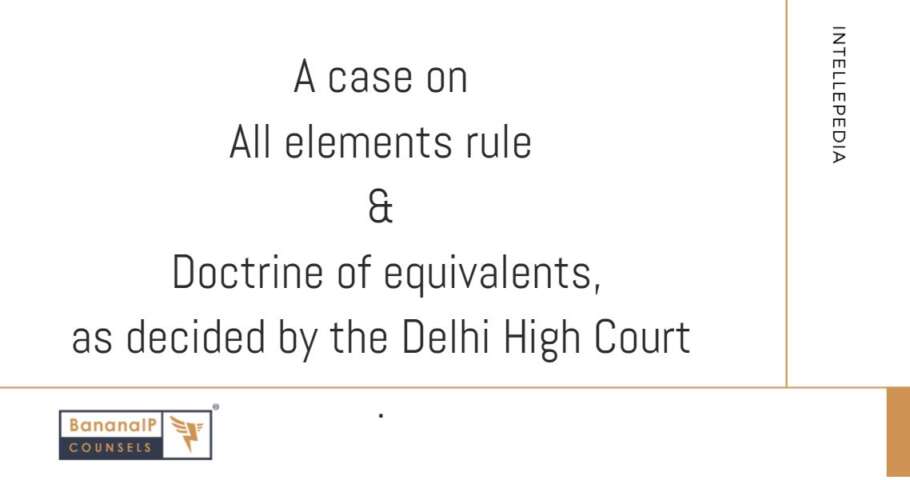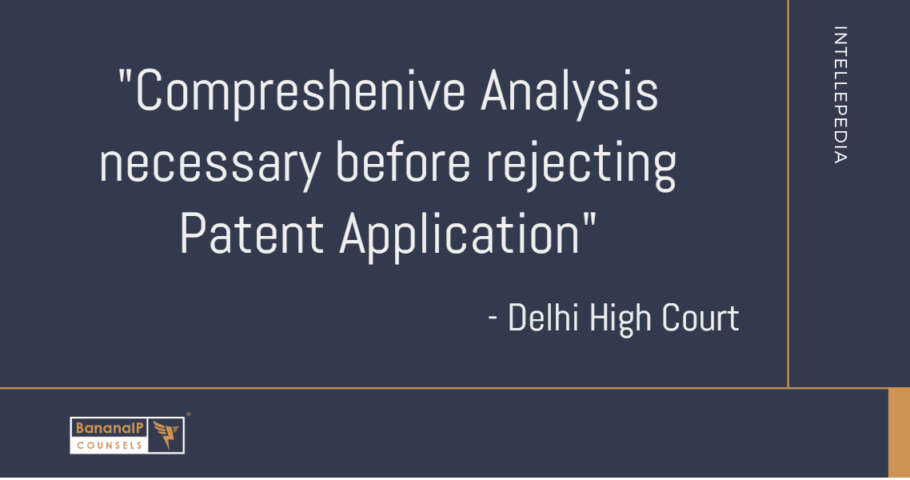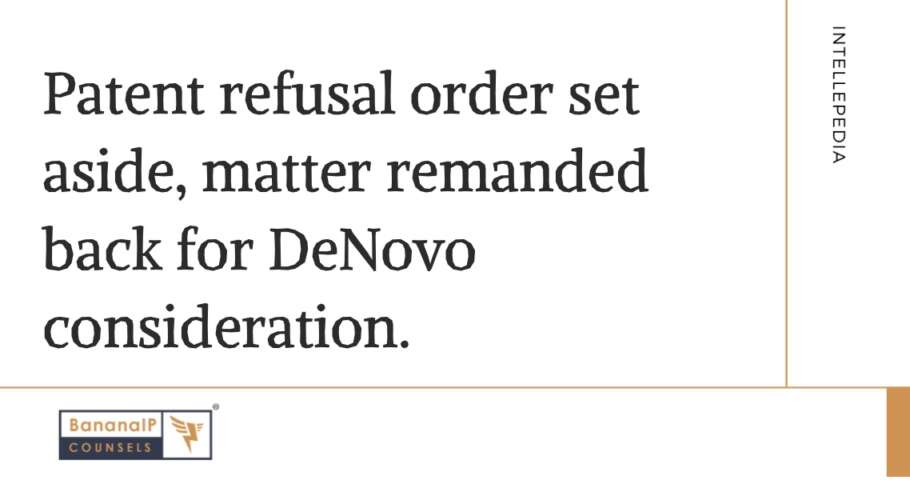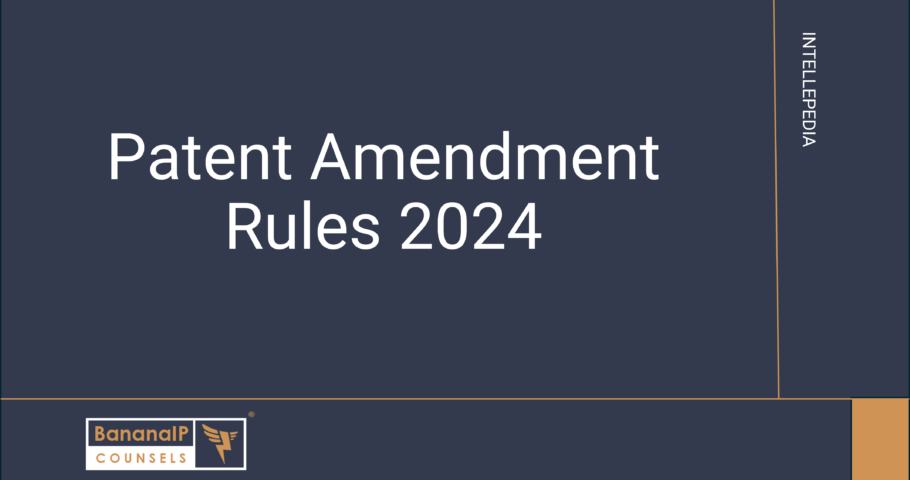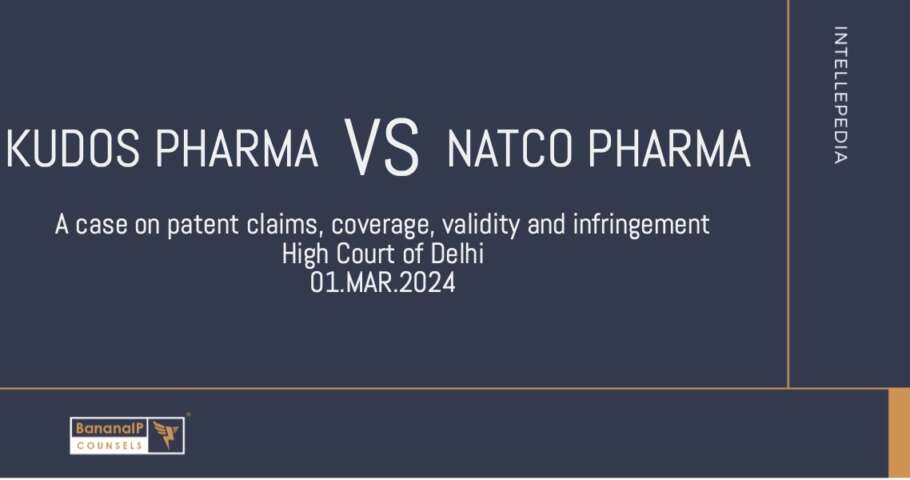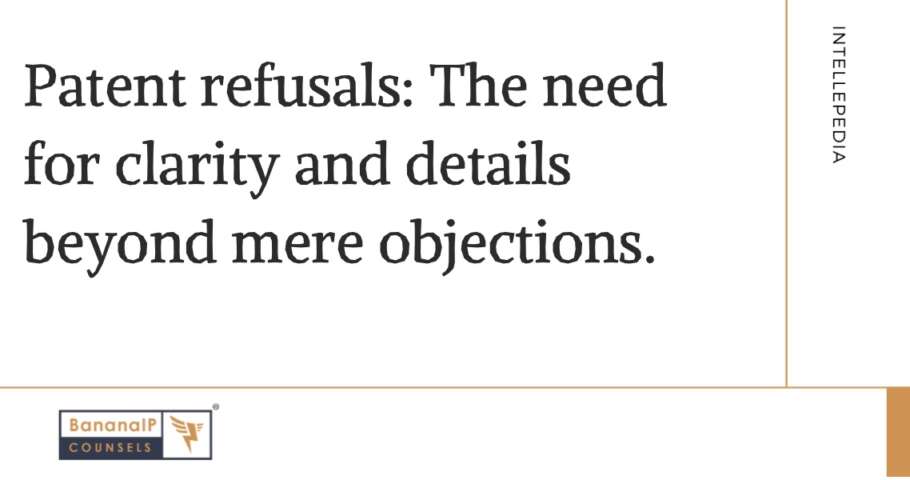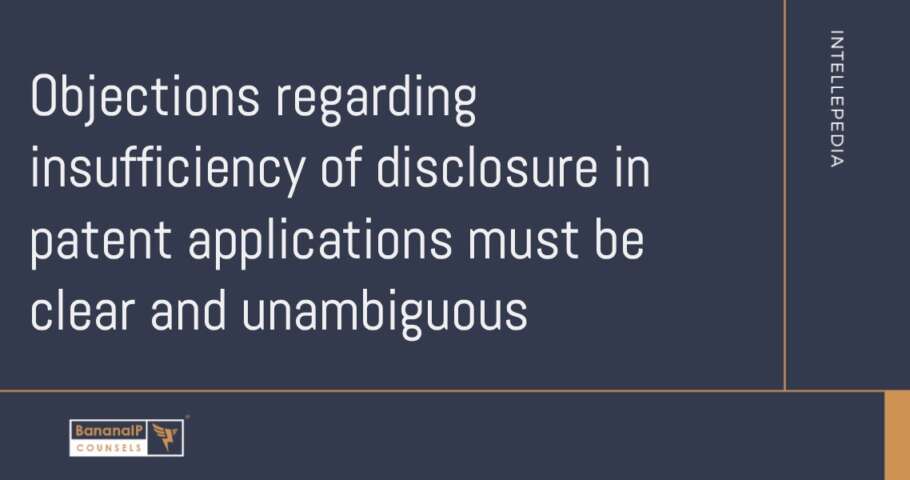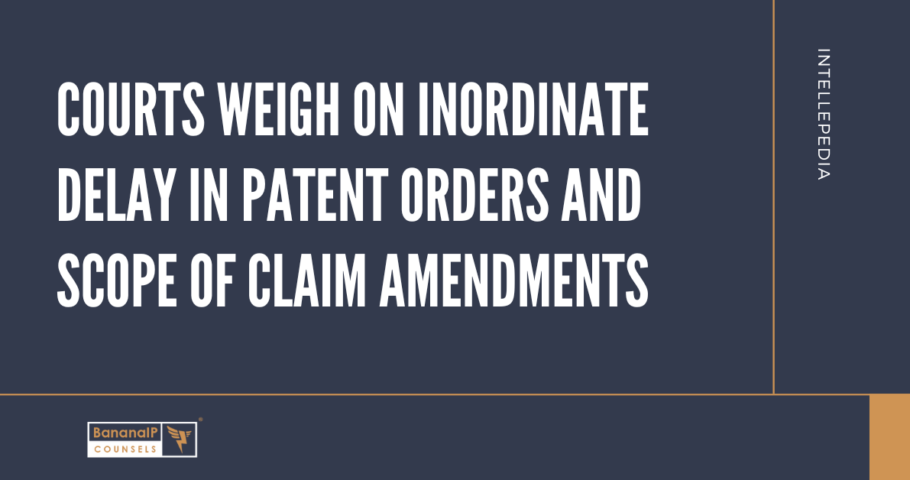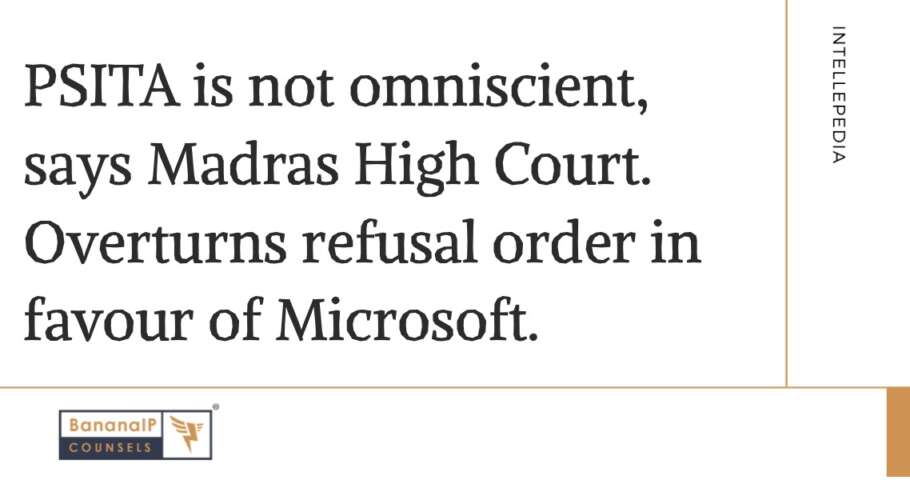The Delhi High Court in a recent patent infringement dispute, held that ‘all-elements rule’ cannot be adopted to the exclusion of the ‘pith and marrow rule’.
Facts:
SNPC Machines (Plaintiff) sought a permanent injunction against Mr. Vishal Choudhary (Defendant) for manufacturing and selling brick-making machines which were similar to plaintiffs’ brick-making machines granted under patent nos. 353483, 359114, 374814, and 385845. Further, relief was also sought by the plaintiff for infringement of copyright in literature/ specification/ artistic features related to the…
